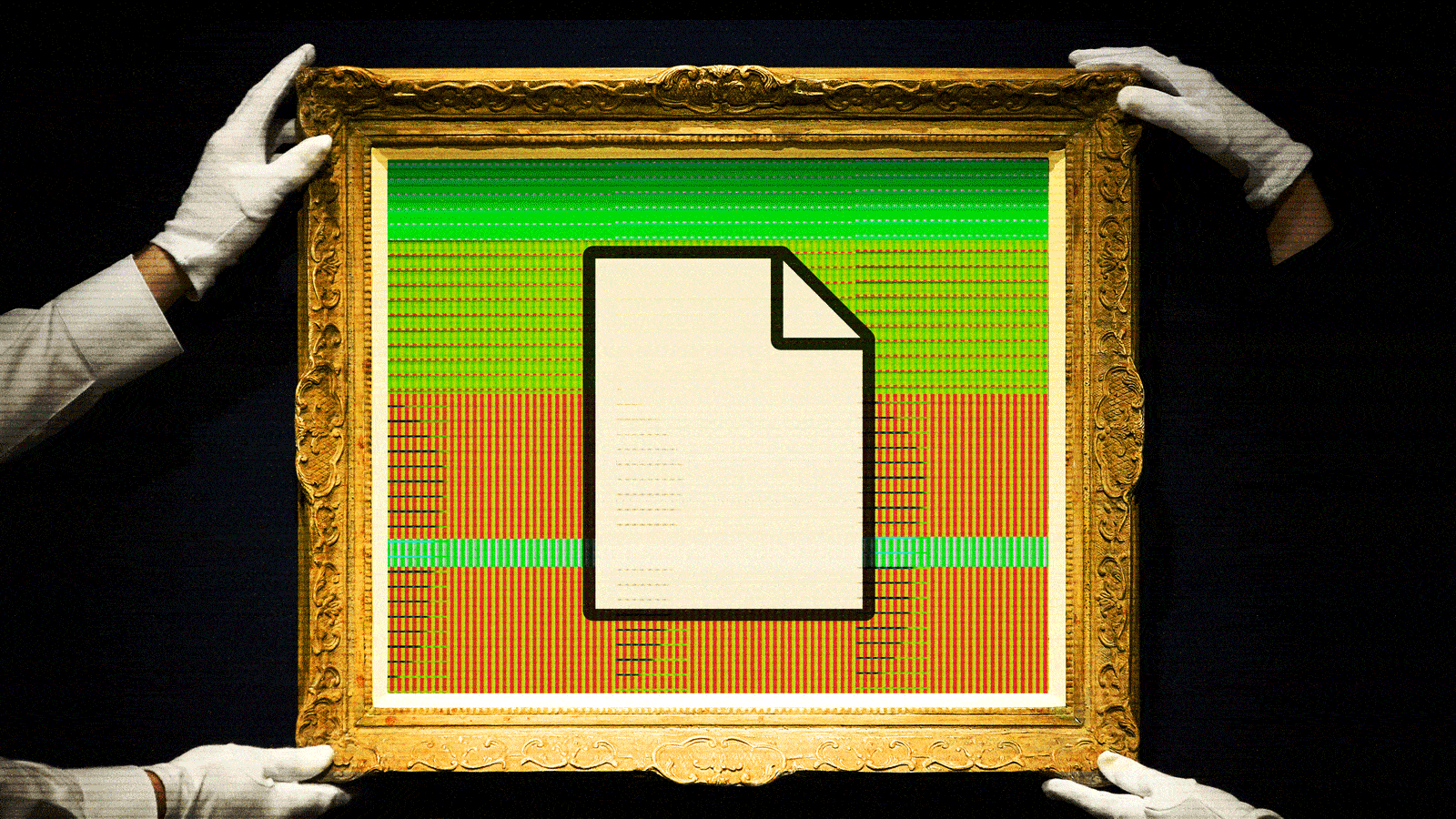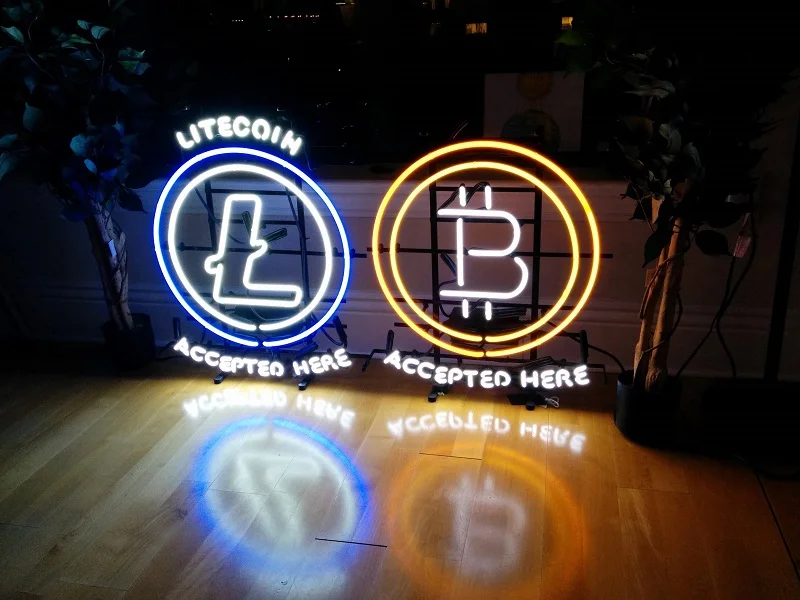NFT is a shorthand for “Non fungible token.” Fungibility is what enables currencies to be transacted with ease. I can give you $3 and you accept it in exchange for a cup of coffee. This example shows how dollars are fungible. Fungibility is a central characteristic of a currency. And, many things have value that are not currencies.
Unlike currencies, Non-fungible tokens contain unique data that make each NFT non-interchangeable with another NFT. For example, let's look at a house. No two houses are the same: they have different layouts, sizes, exteriors, updates, etc. Even if two homes are identical in build, they sit on different ground. In the same way, no two NFTs are the same, even ones that are in a series because each one is individually and uniquely identified. The non-fungible nature of these unique tokens means they can be used in ways the currencies we’ve come to love cannot be used.
Read More










